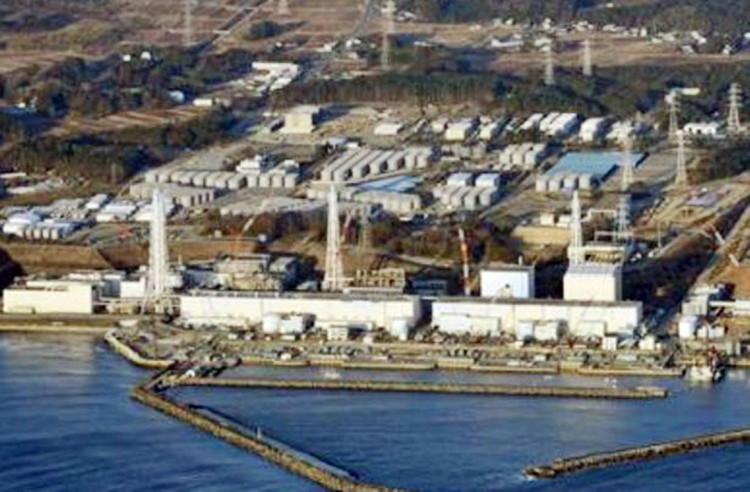United Nations Secretary-General Antonio Guterres welcomed Tuesday Japan's aim to be carbon neutral by 2050.
Guterres "sincerely welcomes, highly appreciates and fully supports Japan's courageous decision." Japan's Prime Minister Suga Yoshihide told Guterres of the goal on the phone Tuesday.
Suga has been praised by politicians at home for his decision Monday to transform Japan into a carbon neutral country. In his first policy speech to the Japan parliament since taking office Sept. 16, Suga said Japan would divorce itself from coal-fired power plants. He promised to promote renewable technologies such as hydrogen, battery storage, carbon recycling and wind power.
"The Suga administration will seek to make a virtuous cycle between the economy and the environment," Suga said in his speech to the parliament. Suga gave few specifics about how or when Japan would do away with coal. Details will be revealed in a report to be released by the end of the year, Minister of Economy, Trade and Industry Hiroshi Kajiyama said.
Under former prime minister Abe Shinzo, Japan declared it would be carbon neutral as soon as possible in the second half of the century.
"Responding to climate change is no longer a constraint on economic growth," said Suga. "We need to change our thinking to the view that taking assertive measures against climate change will lead to changes in industrial structure and the economy that will bring about great growth."
Suga also won support for saying nuclear power will remain part of Japan's energy mix. He also plans to overhaul Japan's policy on thermal power.
Current targets for 2030 see renewables accounting for up to 24% of total power generation. Nuclear will contribute a maximum of 22%; coal will contribute 26% and liquefied natural gas, 27%.
Construction of new nuclear plants isn't being considered because public distrust in nuclear power remains high in the wake of the Fukushima Daiichi Nuclear Power Plant disaster March 11, 2011.
Japan's climate change target in support of the Paris Agreement means renewables must make up half of Japan's energy mix by 2030. Japan also has to limit its use of coal and gas to maintain an orderly transition consistent in keeping with a climate-change target of limiting overall temperature rises to 1.5 Celsius.
Analysts said innovation would be needed to reduce carbon emissions in sectors like steel and cement. On the other hand, the electricity sector should prioritize renewable energy supply.






